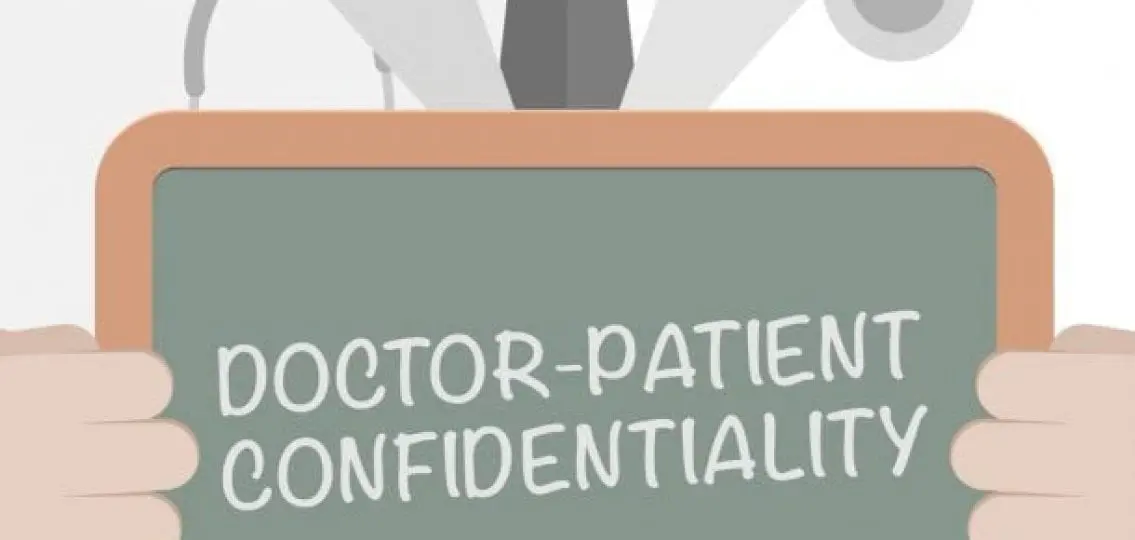What are teen confidentiality rights? Your Teen sought advice from Dr. Rina Lazebnik of University Hospitals, Rainbow Babies & Children’s Hospital and Dr. Ellen Rome of Cleveland Clinic on issues of patient confidentiality as it relate to teenagers.
Q: Do adolescents have legal rights regarding confidential health care?
Lazebnik: State laws govern adolescent medical confidentiality. As a physician, I need to know my legal obligations and personal ethics. In general, adolescents have the right to confidentiality concerning reproductive health services. This includes sexually transmitted infections, pregnancy, oral contraceptives, and rape evaluation. Ohio physicians working in federally funded programs may provide birth control to teenagers without parental consent. Outside federally funded programs, it is each physician’s ethical decision, but the law seems to support prescribing birth control without parental consent. To my knowledge, no other health issues are legally confidential.
Q: Is it important for doctors to talk privately with their adolescent patients?
Lazebnik: Today’s teens share most information with their parents, so private interviews are more about education and promoting self-assertiveness. I teach adolescents to give clear information to providers. Young adults should learn their family health histories. When health issues arise in college or in the absence of a parent, they need the confidence and tools to relay the necessary information.
Rome: Adolescent medicine doctors are bridges to communication. Many studies show that doctors are most effective at risk and harm reduction when they work confidentially with teens. When the adult is absent, the teen is forced to self-advocate. They also gain experience as good health consumers. Teens can practice language when encountering difficult situations. How to say no, disclose dangerous situations, and provide healthy responses to peer pressure. Successful care involves trust between the doctor and the teen, and between the doctor and the parents. Parents can also request time alone with the doctor.
Q: When should a doctor break confidentiality?
Lazebnik: Each physician judges when to break confidentiality. I tell my patients that discussions are confidential unless a patient is suicidal, depressed, has an eating disorder, or is a danger to others. If an adolescent patient misses appointments or does not take prescribed medication, I inform them that I will contact their parents. My goal is to persuade my patients to disclose the information themselves. I also want to promote healthy communication between the patient and parents.
Rome: Practicing medicine is an art. Each doctor creates a script to establish confidentiality. I might say, “Everything you tell me without a parent in the room is confidential. And I will not share your private concerns without your permission, unless you tell me something life threatening or dangerous.” In that case, I will say, “We need to talk with your parents about this.” I want to empower teens to speak up for their health. And I also want to reassure parents that we share an agenda of raising healthy, self-reliant adults. Teens will disclose risky behaviors when they know they will receive confidential care. This gives physicians and parents a chance to intervene safely.
Q: When do you withhold information from parents?
Lazebnik: Reproductive health services are legally confidential. I can’t share that information; however, I will discuss teen sexual issues with the parents and urge them to talk to their child. I give the parents a heads up without disclosing their teen’s confidential information. The goal is to encourage communication and resolve issues.
Rome: Because I prefer direct communication between teens and parents, I may delay disclosure, with the caveat that if the teen does not tell his parents, I will be forced to intervene. I help teens understand that a partnership with their parents will ensure the best results.
It is also worth noting that the paying party (usually the parent) can uncover information through billing. The bill can help open the door to essential communication. On the other hand, fear of parents seeing the bill can keep teens from getting necessary testing in the first place.
Q: Can disclosure be harmful to the patient or parent-child relationship?
Lazebnik: In the case of physical abuse, disclosure could initially be harmful, because parents may be very angry that secrets from home have been shared even if such disclosure is ultimately in the best interest of the patient.
Rome: When the parent is the abuser, disclosure can be harmful to the patient. We do not want to create situations where abuse may escalate. These are very stressful situations, so we do our best to help the child find solutions that connect the family with needed services.
Dr. Rina Lazebnik is Division Chief of General Pediatrics and Adolescent Medicine at University Hospitals Rainbow Babies & Children’s Hospital.
Dr. Ellen Rome is the Head of the Center for Adolescent Medicine at Cleveland Clinic Children’s Hospital.




